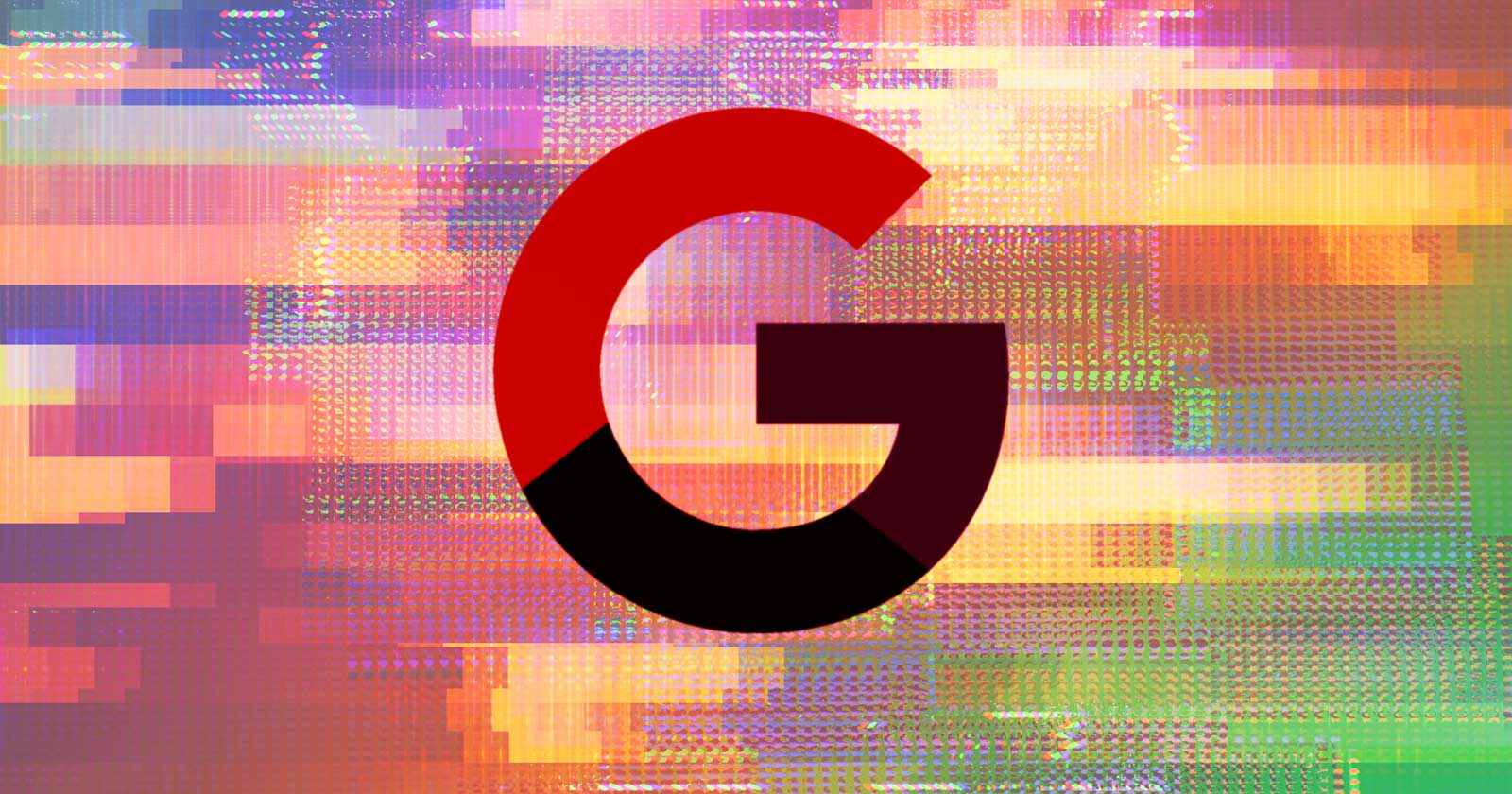Google SERPs Without Favicons Is A Glitch

Last week, reports surfaced claiming that Google was experimenting with mobile search results that did not include favicons or colors, potentially impacting the visibility of well-optimized favicons. However, a Google representative clarified that this was not a deliberate test.
Favicons In Search Results
The term “favicon” originates from “favorite icons,” referring to the small images displayed in browser tabs, bookmarks, and Google search results. Google recently recommended that publishers use favicons that are at least 32×32 pixels in size.
Google incorporates favicons in search results, providing a subtle way for websites to stand out and attract traffic. The removal of favicons could negatively impact website visibility and traffic.
Favicons Missing?
A screenshot shared by Lily Ray indicated that favicons were absent from search results.
Google testing organic results with NO favicons or colors. 👎🏽 pic.com/zhcdnQ04bv
— Lily Ray 😏 (@lilyraynyc) November 8, 2024
The absence of favicons in the search results was later explained by Googler Rajan Patel, Vice President of Engineering at Google. He clarified that this display was intended for low-end devices that could not support rich results.
Responding to Patel’s tweet, Lily Ray confirmed that JavaScript was enabled on her device and provided details about her iPhone model and the search apps used.
Patel speculated that the issue may have been due to a misconfigured experiment. Ultimately, it was identified as a glitch within Google’s system, highlighting the complexities of serving search results.
Glitches At Google
The incident serves as an example of technical glitches at Google. Factors such as internet connection and latency may have influenced the erroneous display of search results. It underscores the intricate nature of delivering accurate search results.
Featured Image by Shutterstock/tomertu
FAQs:
1. Why were favicons missing from Google search results?
The absence of favicons in Google search results was attributed to a technical glitch affecting certain devices.
2. How important are favicons for website visibility?
Favicons play a crucial role in attracting attention and traffic to websites in search results, enhancing visibility.
3. What size favicons does Google recommend for optimal display?
Google recommends favicons that are at least 32×32 pixels in size for optimal display in search results.
4. Can users customize their favicons for search results?
Websites can customize their favicons to create a unique visual identity in Google search results.
5. How did Google address the issue of missing favicons in search results?
Google’s Vice President of Engineering acknowledged the issue and clarified that it was not intentional, attributing it to a display intended for low-end devices.




